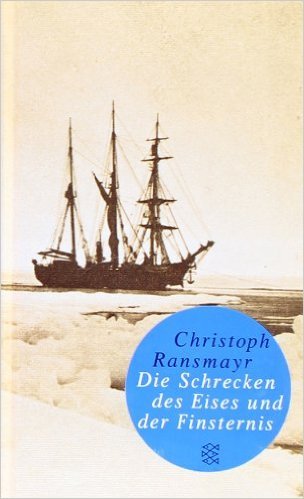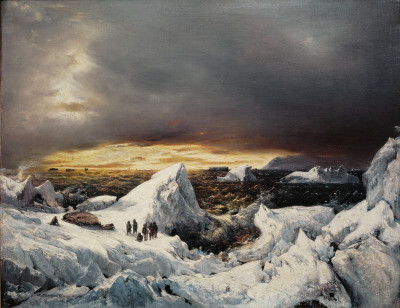What do you think?
Rate this book


368 pages, Paperback
First published January 1, 1984
At first it was nothing more than a game to try to reduce the circumstances of his disappearance to some sort of explanation, any explanation. But every clue yielded a new unanswered question. Quite involuntarily I found myself taking one step after the other, Entering biographical details, data and names into a kind of crossword puzzle, until Mazzini became my downfall… Cumulus clouds mirrored in a shop window became calving glaciers, patches of old snow in city parks became great floes of ice. The Arctic Ocean lay at my window. Much the same thing must have happened to Mazzini.
»… es ist wohl immer dieselbe verschämte Ausbruchsbereitschaft, die uns nach Dienstschluß von Dschungelmärschen, Karawanen oder flirrenden Treibeisfeldern träumen läßt. Wohin wir selbst nicht kommen, schicken wir unsere Stellvertreter – Berichterstatter, die uns dann erzählen, wie’s war. Aber so war es meistens nicht. Und ob man uns vom Untergang Pompejis oder einem gegenwärtigen Krieg im Reisfeld berichtet – Abenteuer bleibt Abenteuer. Uns bewegt ja doch nichts mehr. Uns klärt man auch nicht auf. Uns bewegt man nicht, uns unterhält man …«
